No specific regulations yet to drive biogas demand
Southeast Asia's biogas sector remains underdeveloped due to the absence of significant regulations or incentives to drive demand.
Southeast Asia is lagging in biogas adoption, primarily due to a lack of specific regulations and incentives to drive its demand, according to Dieter Billen, Partner & Lead in Sustainability and Energy in SEA at Roland Berger.
While global biogas sector has witnessed a remarkable expansion over the past decade with its capacity reaching 21.5 gigawatts in 2022, a 63.8% increase from 2012’s 13.1 gigawatts, Southeast Asia tells a different story.
"Biogas production in Southeast Asia today is small, with a capacity of around one gigawatt," Billen said, explaining that the region's biogas is mainly used for electricity generation, typically by selling it to the grid.
Biogas, composed of methane, CO2, and other gases, can be upgraded to biomethane, similar to natural gas but derived from bio-based feedstock. Despite the potential, the current volumes of biomethane in the region are negligible.
Billen said that the development of the biogas sector, particularly biomethane, faces several hurdles in Southeast Asia including the geographical dispersion of bio feedstock across agricultural or remote areas with limited infrastructure and the small volumes of feedstock available at multiple locations. This logistical complexity, coupled with a lack of incentives or regulations, diminishes the appeal of biogas and biomethane compared to fossil-based alternatives.
“The bio feedstock is dispersed with relatively small volumes across multiple locations. And finally, there are a few incentives or regulations at this stage, limiting the willingness to pay for biogas or biomethane in Southeast Asia compared to fossil based alternatives,” he explained.
Governments in Southeast Asia have implemented certain measures, but these are not comprehensive enough to significantly boost the biogas sector.
"Malaysia has mandated the production of biogas from palm oil waste for new and expanding palm oil mills," Billen noted. However, beyond feed-in tariffs, which incentivize the production and sale of electricity generated from biogas, there are no substantial regulations or incentives to stimulate biogas demand.
"There is no blending mandate for biomethane for applications like in the power sector, and apart from Singapore, there is no carbon tax or mandatory carbon markets across Southeast Asia, limiting the demand for biomethane at this stage,” he said.
Billen said that countries like Malaysia are increasingly recognizing biogas and biomethane in their decarbonization roadmaps. Malaysia, for instance, has included biogas as a pillar in its National Energy Transition roadmap released earlier this year.
However, for biogas to become a more significant part of Southeast Asia's energy mix, Billen emphasized the need for stronger regulatory support and incentives. Without these, the willingness to invest in and pay for biogas or biomethane remains limited, especially when compared to more established fossil fuel alternatives.
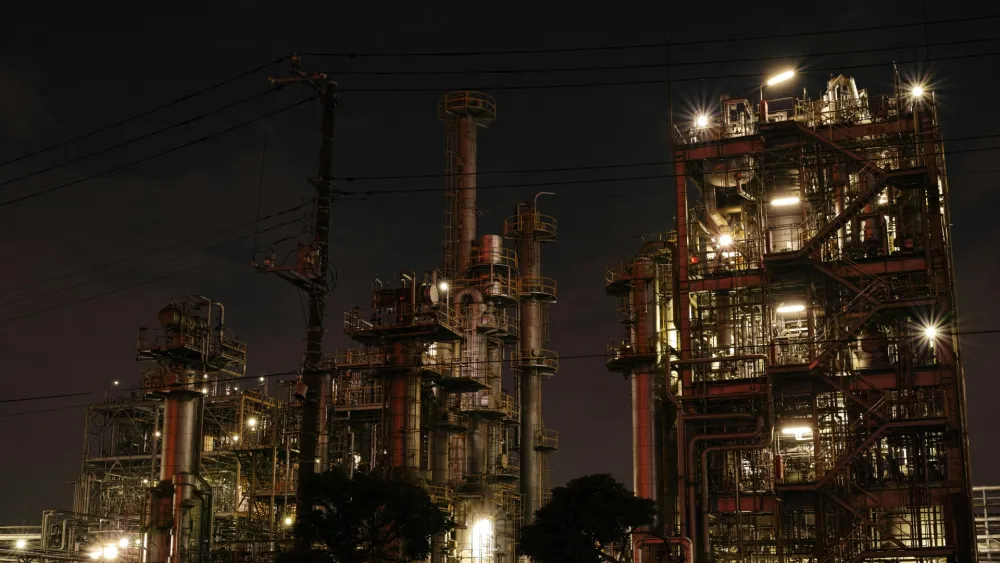
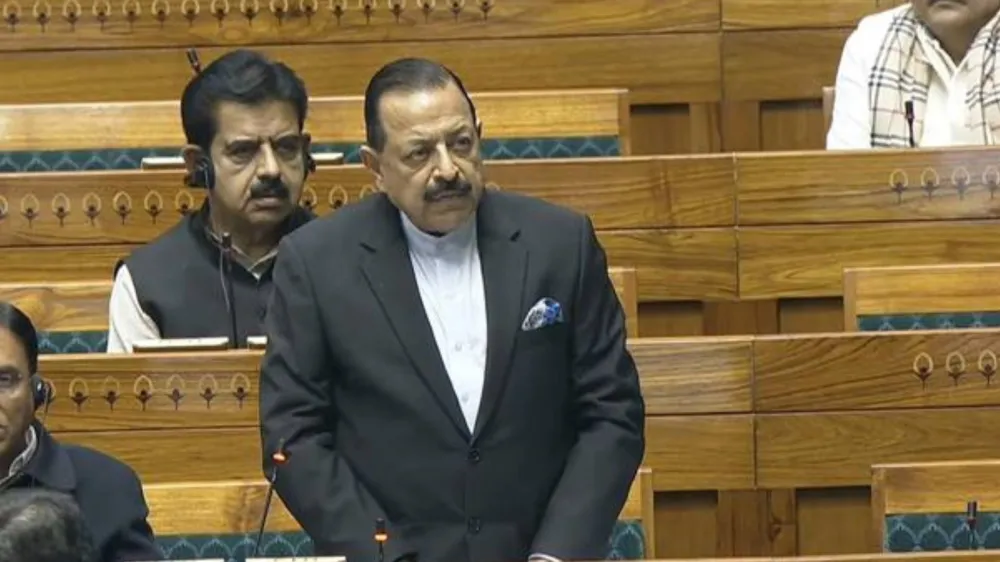
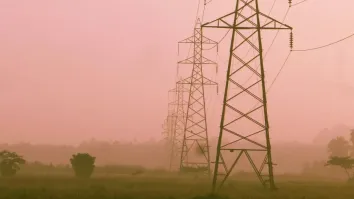
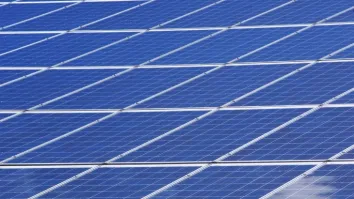
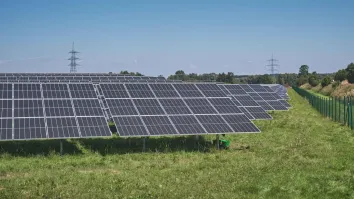














 Advertise
Advertise





Commentary
What a $635b investment push could mean for India’s refineries and thermal power plants